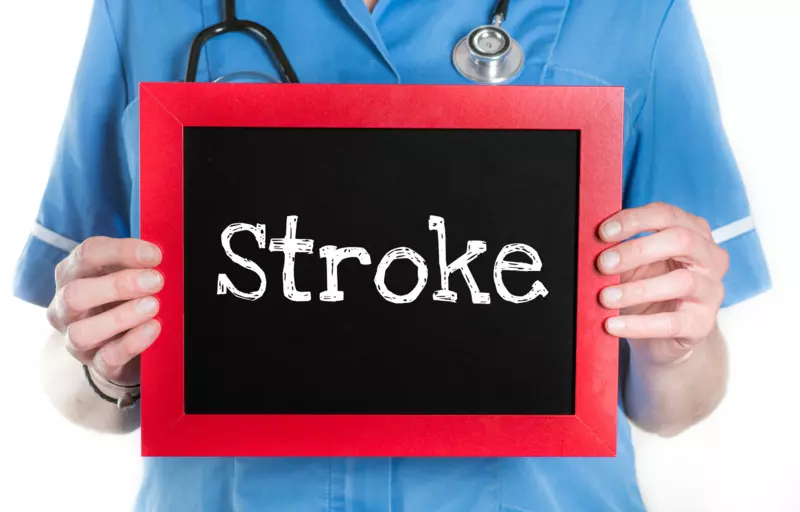- Home
- Medical news & Guidelines
- Anesthesiology
- Cardiology and CTVS
- Critical Care
- Dentistry
- Dermatology
- Diabetes and Endocrinology
- ENT
- Gastroenterology
- Medicine
- Nephrology
- Neurology
- Obstretics-Gynaecology
- Oncology
- Ophthalmology
- Orthopaedics
- Pediatrics-Neonatology
- Psychiatry
- Pulmonology
- Radiology
- Surgery
- Urology
- Laboratory Medicine
- Diet
- Nursing
- Paramedical
- Physiotherapy
- Health news
- Fact Check
- Bone Health Fact Check
- Brain Health Fact Check
- Cancer Related Fact Check
- Child Care Fact Check
- Dental and oral health fact check
- Diabetes and metabolic health fact check
- Diet and Nutrition Fact Check
- Eye and ENT Care Fact Check
- Fitness fact check
- Gut health fact check
- Heart health fact check
- Kidney health fact check
- Medical education fact check
- Men's health fact check
- Respiratory fact check
- Skin and hair care fact check
- Vaccine and Immunization fact check
- Women's health fact check
- AYUSH
- State News
- Andaman and Nicobar Islands
- Andhra Pradesh
- Arunachal Pradesh
- Assam
- Bihar
- Chandigarh
- Chattisgarh
- Dadra and Nagar Haveli
- Daman and Diu
- Delhi
- Goa
- Gujarat
- Haryana
- Himachal Pradesh
- Jammu & Kashmir
- Jharkhand
- Karnataka
- Kerala
- Ladakh
- Lakshadweep
- Madhya Pradesh
- Maharashtra
- Manipur
- Meghalaya
- Mizoram
- Nagaland
- Odisha
- Puducherry
- Punjab
- Rajasthan
- Sikkim
- Tamil Nadu
- Telangana
- Tripura
- Uttar Pradesh
- Uttrakhand
- West Bengal
- Medical Education
- Industry
Early Invasive Strategy and Outcome of Non–ST-Segment Elevation MI Patients With CKD

The long-term survival of non–ST-segment elevation myocardial infarction (NSTEMI) patients with chronic kidney disease (CKD) did not increase with early invasive strategy as per a recent study that was published in the JACC: Cardiovascular Interventions.
The early invasive strategy should be considered for the treatment of non–ST-segment elevation myocardial infarction (NSTEMI) patients. But most of NSTEMI patients have chronic kidney disease (CKD) and there is an uncertainty of data regarding the management of NSTEMI patients with CKD. Hence researchers conducted a study to evaluate the association between early invasive strategy and long-term survival among patients with NSTEMI and CKD.
A retrospective analysis of 7,107 consecutive NSTEMI patients was done between 2008 and 2021. Patients were divided based on kidney function into early (≤24 hours) and delayed invasive groups. Inverse probability treatment weighting was used to adjust for differences in baseline characteristics. The primary outcome was all-cause mortality.
Results
- 3,529 invasively treated patients with a median age of 66 years (IQR: 58-74 years) participated in the study.
- Out of the total, 1,837 (52%) were treated early.
- There were 483 (14%) patients with at least moderate CKD having an estimated glomerular filtration rate [eGFR] <45 mL/min/1.73 m2.
- During a median follow-up of 4 years, 527 (15%) patients died.
- An early invasive strategy was associated with a significantly 30% lower mortality compared with a delayed strategy after applying the inverse probability treatment weighting.
- The association between early invasive strategy and mortality was modified by eGFR and declined with lower renal function, with no difference in mortality among patients with eGFR <45 mL/min/1.73 m2.
The study shows that CKD is a modifying factor for using an early invasive strategy in NSTEMI patients. Long-term survival did not increase in NSTEMI patients with CKD despite the early invasive strategy.
Further reading: Sharon A, Massalha E, Fishman B, et al. Early Invasive Strategy and Outcome of Non–ST-Segment Elevation Myocardial Infarction Patients With Chronic Kidney Disease. J Am Coll Cardiol Intv. 2022 Oct, 15 (19) 1977-1988. https://doi.org/10.1016/j.jcin.2022.08.008
BDS, MDS
Dr.Niharika Harsha B (BDS,MDS) completed her BDS from Govt Dental College, Hyderabad and MDS from Dr.NTR University of health sciences(Now Kaloji Rao University). She has 4 years of private dental practice and worked for 2 years as Consultant Oral Radiologist at a Dental Imaging Centre in Hyderabad. She worked as Research Assistant and scientific writer in the development of Oral Anti cancer screening device with her seniors. She has a deep intriguing wish in writing highly engaging, captivating and informative medical content for a wider audience. She can be contacted at editorial@medicaldialogues.in.
Dr Kamal Kant Kohli-MBBS, DTCD- a chest specialist with more than 30 years of practice and a flair for writing clinical articles, Dr Kamal Kant Kohli joined Medical Dialogues as a Chief Editor of Medical News. Besides writing articles, as an editor, he proofreads and verifies all the medical content published on Medical Dialogues including those coming from journals, studies,medical conferences,guidelines etc. Email: drkohli@medicaldialogues.in. Contact no. 011-43720751




